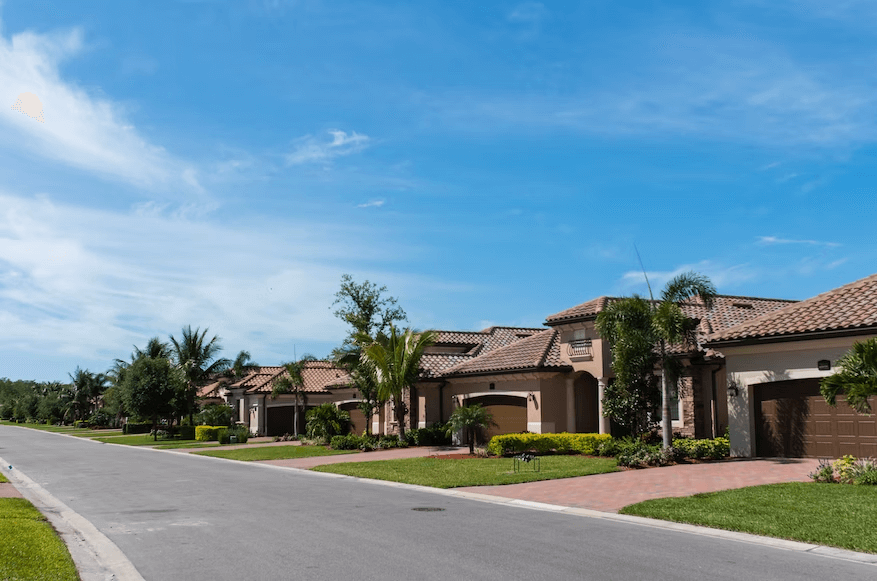How much does a Divorce Cost in Arizona?
Family law attorneys and divorce mediators often receive this burning question. Divorces can be costly. They often leave spouses with less money long after the process ends. But it doesn’t have to be this way.
The fundamental factor influencing divorce costs is the process chosen. Litigation often leads to an expensive and hostile divorce. In contrast, divorce mediation is a cheaper option. It helps couples work together to reach better agreements.
This article looks at the costs of divorces in Arizona. It covers attorney fees, court fees, and other expenses. This information will help you make smart choices about your future.

Major Factors Influencing Divorce Costs
Case Complexity
Complex divorces involving multiple properties, business interests, or substantial debts require more time and expertise to resolve. This translates to additional legal services and professional consultation costs. Divorce mediation, especially with flat fees, offers a cost-effective alternative for reaching mutually acceptable solutions.
Minor Children
Cases with children require parenting plans addressing:
- Legal decision-making authority/custody arrangements
- Parenting time/visitation schedules
- Child support calculations
- Expense sharing
In litigation, these issues often escalate conflict and costs. Mediation helps parents work together on decisions that put their children’s needs first. It also costs much less than custody battles.
Significant Assets
High-asset divorces involving real estate, investments, retirement accounts, and business ownership become more complex and expensive. Litigation often makes each spouse hire their own experts, which doubles costs. In mediation, couples can share neutral financial experts. This cuts expenses and helps ensure a fair division of assets.
Level of Conflict
Conflict dramatically increases divorce costs. Litigation often exacerbates disagreements, leading to lengthy legal battles. In extreme cases, proceedings can last over two years and cost $100,000+ per spouse. Conversely, mediation provides a structured, non-confrontational environment for reaching agreements quickly and affordably.

Average Divorce Costs in Arizona: 2025 Update
According to data from 2025, the average cost of divorce in Arizona is about $20,000 for each spouse. This means the total cost for a couple is between $30,000 and $40,000 when using litigation. This represents a modest increase from previous years due to inflation.
In stark contrast, divorce mediation costs average $2,500-$4,000 per spouse—representing 80-90% savings compared to litigation.
Contested vs. Uncontested Divorce Costs
Contested divorces where spouses cannot agree on major issues result in:
- Attorney fees, court costs, and expert witness fees
- Average costs: $15,000-$30,000 per spouse
- High-asset/complex cases: Can exceed $100,000 per spouse
Uncontested divorces are more straightforward and cost-effective:
- Total costs generally under $10,000
- Include court filing fees, document preparation, and optional attorney assistance
- Significantly reduced timeline and stress

Litigation Costs: The Traditional Route
For relatively straightforward cases with moderate conflict, modest assets, and children, average litigation costs are $15,000-$20,000 per spouse. When conflict escalates:
- Cases lasting over a year: $50,000+ per spouse
- Trial cases: Often exceed $100,000 per spouse
Many people use the money from selling their homes to pay attorney fees. This means they do not benefit from their equity.
Divorce Mediation: The Cost-Effective Alternative
Mediation offers dramatic savings compared to litigation’s potential six-figure price tag. In 2025, Arizona mediators typically charge:
- Flat-fee services: $2,500-$4,000 per spouse
- Hourly mediators: $250-$500 per hour
- Total average: $3,000-$8,000 for the entire process
Attorney Fees: Understanding the Billing System
When choosing litigation, spouses must understand the fee structure:
Retainers: In 2025, Phoenix and Maricopa County attorneys require initial retainers of $5,000-$15,000 per spouse.
Hourly Rates: Average attorney fees are $350-$550 per hour, with experienced Scottsdale/Phoenix attorneys commanding higher rates.
Lawyers charge for every minute they work on your case. This includes emails, phone calls, document reviews, research, court appearances, and waiting time. Once the retainer depletes, you must replenish it to continue representation.
The Flat Fee Solution
At The Aurit Center for Divorce Mediation, we advocate for transparent flat-fee pricing. This approach eliminates the inherent conflict where professionals benefit financially from prolonged disputes.
Our flat fee covers everything from start to finish:
- All mediation meetings
- Document drafting and editing
- Emails and phone calls
- Court filings
- Travel to court
Clients know their total cost upfront, before beginning the process. This makes the cost predictable supporting financial stability during an already challenging time.
Court Filing Fees (2025)
Maricopa County filing fees:
- Petitioner: $349
- Respondent: $279
- Parent Information Program: $45
Through our Summary Decree Process, the combined court fee is $426.50, saving clients $201.50.
Additional Potential Costs
Beyond basic fees, divorces may include:
- Monthly child support
- Spousal maintenance
- Property division expenses
- Business valuations
- Financial expert consultations
While attorneys charge hourly for each issue, flat-fee mediators include all these considerations in one predictable cost.
Making the Smart Financial Choice
The divorce resolution method you choose will be the principal factor determining your costs. Consider these comparisons:
Litigation:
- Average: $30,000-$40,000 per couple
- High-conflict: $100,000-$200,000 per couple
- Timeline: 12-24+ months
- Conflictual process
Mediation:
- Average: $5,000-$8,000 per couple
- Flat fee option: Predictable costs
- Timeline: 2-6 months
- Collaborative process
Why Choose Mediation?
Beyond dramatic cost savings, mediation offers:
- Maintained control over outcomes
- Preserved co-parenting relationships
- Reduced emotional toll on children
- Faster resolution
- Confidential process
Even couples already in litigation can switch to mediation at any time, immediately reducing costs and conflict.
Questions to Ask Any Divorce Professional
- What is your fee structure?
- Does your fee include all services?
- Are there hidden costs?
- How do you handle complex financial issues?
- What’s included in a flat fee?
Red flags include flat fees that exclude emails, calls, or research—these aren’t truly comprehensive.

The Bottom Line
Divorce doesn’t have to devastate your finances. While litigation can consume your assets in legal fees, mediation preserves your resources for rebuilding your life post-divorce.
At The Aurit Center for Divorce Mediation, we believe in transparency, predictability, and putting families first. Our flat-fee model ensures no surprise bills while providing comprehensive support throughout your divorce journey.
Before choosing your divorce path, carefully consider both the immediate and long-term financial implications. The money saved through mediation can make a significant difference in your family’s future—funding college educations, maintaining homes, or simply providing financial security during life’s transition.
To learn about affordable divorce options in Arizona, schedule a free consultation. Contact The Aurit Center for Divorce Mediation today. Discover how you can achieve a fair, comprehensive divorce agreement while preserving your financial future.





